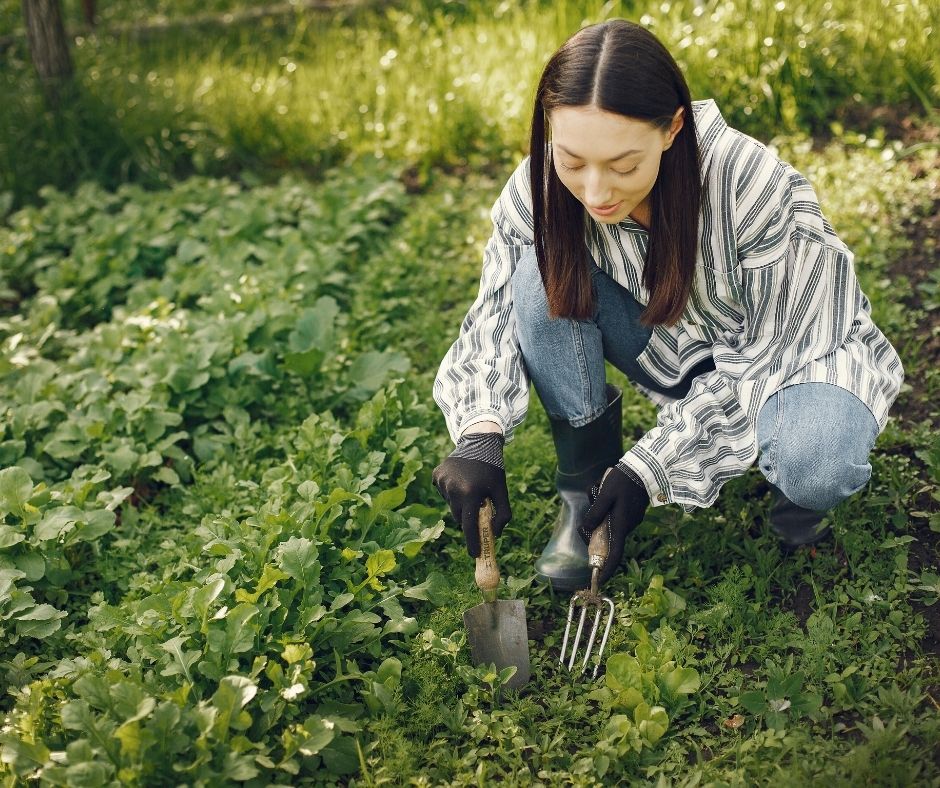Deadline: 25-Jun-21
The Agence Nationale De La Recherche (ANR) and European Joint Programme (EJP) SOIL is launching the Towards Healthy, Resilient and Sustainable Agricultural Soils to create an integrated framework for agricultural soil research in Europe in order to enhance capacity, capability and knowledge in the area of soil research.
The objective of this call is to foster holistic agricultural (forestry soils are not excluded) soil management practices which will assist in making a shift to diversify farming to include a variety of sustainable and environmental practices.
To achieve this aim, knowledge about SOC sequestration and biodiversity is essential. Thus, the call addresses three major topics: SOC sequestration, biodiversity and sustainable production and environment.
Topics
- Understanding SOC sequestration (stabilization, storage and persistence)
- Saturation of C sequestration in organic matter of different soil forms (including C sequestration potential, quantification of stable C, how to increase the amount of C in different soils, influence of organo-mineral interactions on saturation and stabilization of C).
- Understanding the mechanism of SOC persistence in soil and subsoil (influence of minerals, microorganism and organic matter, stoichiometry of C-N-P).
- Dynamic interactions of SOC and greenhouse gasses (primarily CO2, N2O and CH4) emissions.
- Management practices on different agriculture and forest soil types in order to minimize greenhouse gas emission.
- Soil biodiversity: status, and role in ecosystem services provided by soils
- Development of holistic indicators and target values to define healthy soils for agricultural productivity, for example soil fertility, biodiversity, resilience, nutrient levels and soil-microbe-plant interactions.
- Understanding the functional role of soils in the provision of ecosystem services, e.g. the provision of food and non-food crops, nutrient cycling, water storage and filtration.
- Understanding the role of fauna, microbiome, plants and their interactions on maintaining, enhancing and restoring healthy and resilient soils for agricultural productivity.
- Impact of novel soil amendment (e.g. fiber sludges from the paper and pulp industry) materials to soil biota.
- Site-specific or landscape-scale approaches to improve sustainability, resilience, health, and productivity of soils, including:
- Innovative practices and/or technologies* that maximise the storage of organic carbon in soils (protecting existing stocks or sequestration).
- Management strategies and agronomic management, including precision farming, that help reduce net emission of greenhouse gases (GHGs) from soils.
- Integrated management of farming systems, farm-networks, and agroecosystems, including for example, diversification of production, agroecological approaches, smart fertility/fertiliser management.
- Technologies, practices and management approaches to increase farming systems’ sustainability and resilience to climate change.
- Technologies, practices, and management approaches that contribute to the restoration of landscapes and the maintenance of natural capital.
- Evaluation of the applicability of site-specific technologies or practices for different pedo-climatic zones and farming systems, and taking into account socio-economic issues.
Eligible Countries
The countries participating in this call are: Argentina, Belgium, Canada, Germany, Estonia, Finland, France, Hungary, Ireland, Italy, Lithuania, Norway, New Zealand, Poland, Portugal, Russia, United Kingdom.
Eligibility Criteria
- Proposals must be written in English
- Proposals must be complete and in accordance to the procedure and must be submitted via the online submission tool
- Consortia must include at least three eligible partners requesting funding from at least three different EXCBF member countries who contribute funds to the Call. There is no maximum number of partners. However, the EXCBF of the call recommends that applying consortia should not include more than ten partners requesting funding.
- The involvement of applicants not seeking funding from any of the Funding Parties listed below is additional to the 3 minimum entities
- The same person cannot act as a coordinator for more than one proposal
- Applicants should avoid duplication with projects funded or submitted in other calls in the H2020 programme or ERA-NETs
- Each applying consortium must be led by a project coordinator, who must be from an organisation that is eligible for funding from its Funding Party. Applicants seeking funding from the GRA are eligible as project partners, but cannot apply as project coordinator
- The minimum project duration is 24 months and the maximum is 36 months
- Applicants must complete an ethics self assessment as part of the application
- Applicants ineligible to receive funding from any of the Funding Parties of the 1st external call of EJP SOIL are welcome to contribute to project consortia if they can secure their own expenses and hence have to submit a “letter of financial commitment”. However these applicants cannot be coordinator and their contribution should not be essential for the project’s successful implementation (achieving of milestones) and they will not count towards the minimum number of partners. Same applies to associated partners.
For more information, visit https://anr.fr/en/call-for-proposals-details/call/european-joint-programme-soil-1st-external-call-ejp-soil-1/
